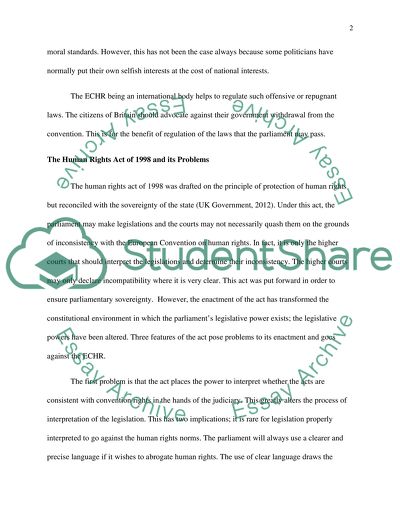Cite this document
(“Should the UK withdraw from the European Convention on human rights Essay”, n.d.)
Retrieved from https://studentshare.org/law/1471097-should-the-uk-withdraw-from-the-european
Retrieved from https://studentshare.org/law/1471097-should-the-uk-withdraw-from-the-european
(Should the UK Withdraw from the European Convention on Human Rights Essay)
https://studentshare.org/law/1471097-should-the-uk-withdraw-from-the-european.
https://studentshare.org/law/1471097-should-the-uk-withdraw-from-the-european.
“Should the UK Withdraw from the European Convention on Human Rights Essay”, n.d. https://studentshare.org/law/1471097-should-the-uk-withdraw-from-the-european.


